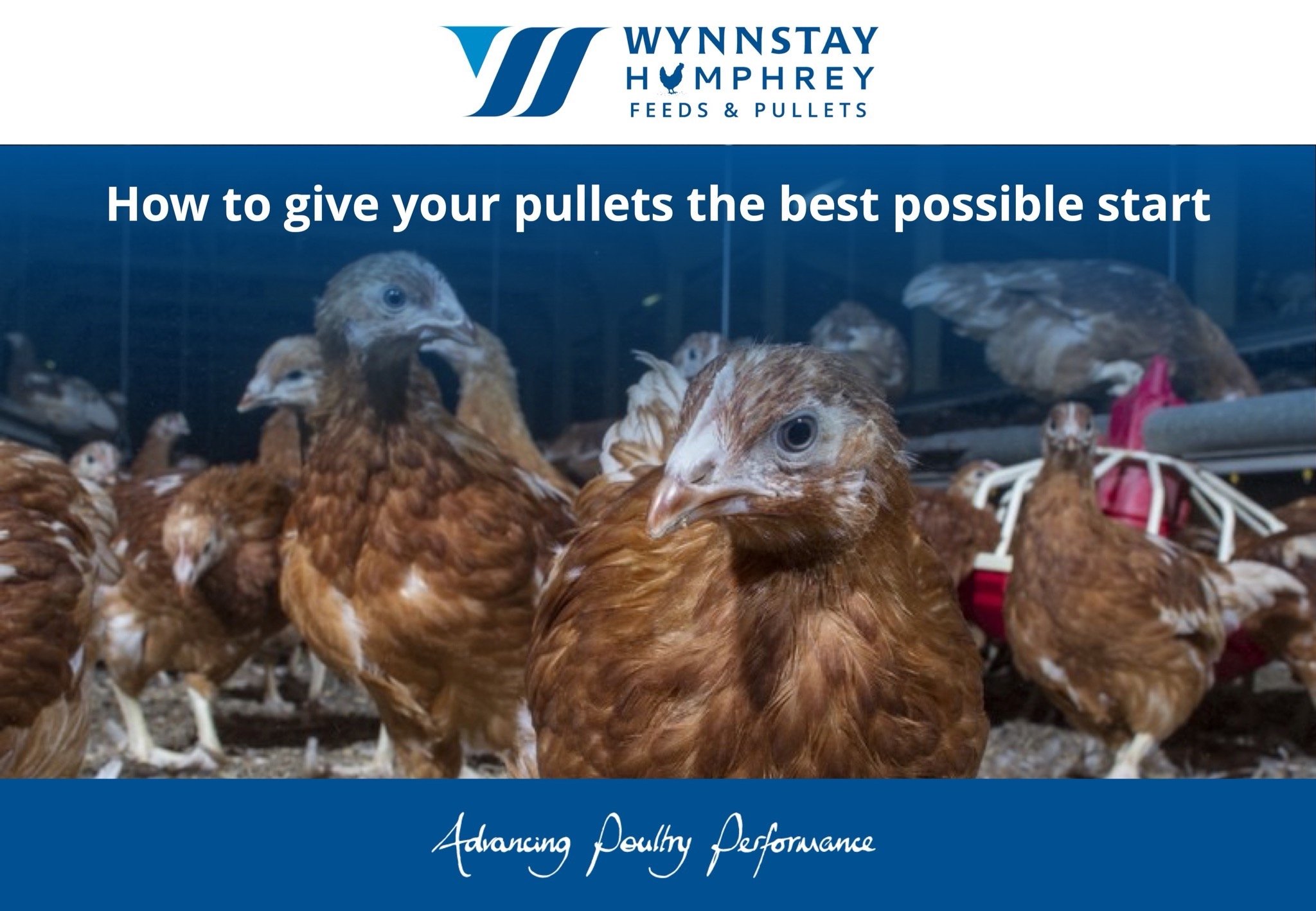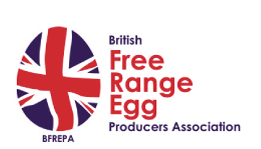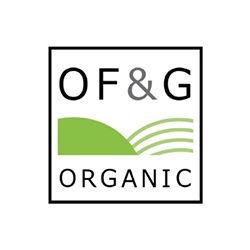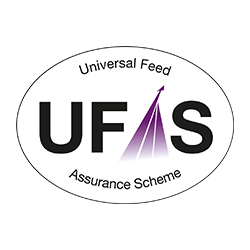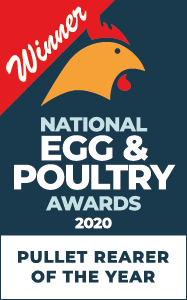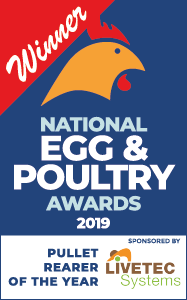Humphrey Feeds & Pullets has been featured in the RANGER magazine, in an article titled, The lifelong importance of gut health in laying flocks.
The article, written by our Mid South West Poultry Specialist, Alison Colville-Hyde, discusses how you can manage your flock’s microbiome and the steps you can take to overcome challenges to gut health.
The lifelong importance of gut health in laying flocks
Click here to download the article
The health, welfare and performance of your flock depend to a large extent on the millions of tiny organisms populating their gastrointestinal tract, or gut.
A healthy gut allows the bird to absorb maximum nutrition from feed and boosts its immune system. But if gut health is compromised, the ability to convert food to eggs will decline and the bird will be susceptible to disease, leading to financial loss.
A good balance of the right gut bacteria at each stage of their development will give your birds the best chance of health. This article will help you manage your flock’s microbiome and show the steps you can take to overcome challenges to gut health.
The Gastrointestinal Tract
Developing a healthy gut microbiome
Bacterial transfer in nature
When a clutch of eggs hatches naturally the chicks will be exposed to the mother hen’s excreta on the shell and around the nest. A unique set of microbiota specific to that hen will quickly colonise the gastrointestinal tract, initiating the development of its microbiome with hundreds of species needed to protect the gut, aid digestion and feed good bacteria.
In the hatchery environment, and in the rearing shed, this natural seeding of the gut does not occur, so brooding conditions must ensure optimal gut microbiota development.
Early access to clean water and appropriate nutrition are essential, and the addition of a supplements such as Actigen, a natural yeast based product from Alltech, can promote microbiome diversity and aid the healthy development of the gut.
Gut Development
The gut feeds and protects the hen.
From the moment a chick hatches its gut develops rapidly, growing a profusion of tiny finger-like structures called villi that protrude inwards from the lining of the small intestine. Villi provide a large surface area, allowing the bird to effectively absorb nutrients from digested feed rapidly before it is expelled.
If these villi fail to develop properly, or are damaged, they will not work efficiently. This prevents the bird optimising digestion and will impact on its development and egg production capabilities.
Optimising digestion and egg production
Beneficial microbes in the gut can also help villi performance, forming a protective mucous layer which acts as a barrier preventing pathogens such as e-coli from entering the digestive system.
Diet is key to good gut development. During rearing Humphrey Feeds & Pullets will use up to three different starter diets, followed by a grower and a developer diet; all formulated to meet pullet requirements at specific times to optimise development and growth.
“It is important to ensure flocks are brooded carefully to grow a healthy gut, using best management practices alongside the appropriate ration,” says Charles Macleod, Rearing Director at Humphrey Feeds & Pullets. “Early gut development is critical in rearing a pullet capable of meeting its genetic potential.”
How to nurture a healthy gut biome
The role of beneficial bacteria
Like humans, birds host vast numbers of bacteria in their gut. A diverse range of good bacteria is essential to curtail gut disorders. This can be encouraged using dietary supplements:
Probiotics are live organisms that help populate the gut with beneficial bacteria, improving feed intake and digestion whilst supporting the bird’s immune system.
Prebiotics are non-digestible feed elements that benefit the host by supplying nutrients to beneficial microbes, and contribute to a gut environment hostile to foodborne pathogens.
Competitive Exclusion - In a healthy bird normal intestinal bacteria colonise the gut and prevent harmful pathogenic bacteria from establishing. Commercial products such as Aviguard were developed to help birds resist such pathogens by crowding them out with good bacteria
Gut health on arrival at the laying farm
Correct management of the pullet before, during and after transfer from rear to lay is critical to the health and capability of your flock.
Stress can depress the immune system, causing birds to lose feather cover and later degrade egg production and quality – stressed birds fail to thrive and may suffer lasting damage.
Minimising stress from any source is therefore essential. Humphrey Feeds & Pullets poultry specialist team provide hands-on help and advice even before the birds arrive in the laying house, and ensure the change is as smooth as possible.
Hygiene, water cleanliness and lighting are as important to keeping the gut healthy as the correct nutrition.
Gut health for laying flocks
Ensuring that birds receive the right feed for their age and environment is crucial to maintaining optimal gut health, since dietary changes will have an impact on the gut microbiome.
As birds mature their nutritional demands will switch from growth to egg production. Simply producing a healthy shell will require around 4g of calcium carbonate a day, which must be provided in the right ratio with other nutrients such as phosphates and vitamin D3.
Feed manufacturers offer a range of diets to benefit your flock at the different stages of their development. Humphrey Feeds & Pullets produce an extensive range of diets covering all aspects of a bird’s development and nutritional requirements, allowing producers to plan gradual changes to the bird’s diet and grist presentation to support gut health and optimise overall flock health and productivity.
How to spot gut problems - Pay careful attention to droppings
Inspection of your flock’s droppings can give you an early warning of any imbalance in the gut biome, which can be corrected by tweaking feed alongside treatment. The images below show the range of droppings expected from an adult laying hen.
Normal droppings
The dark portion are the by-products from digestion and the white portion are urates (similar to urine).
In good health a bird will produce 5-7 of these per day. In appearance they are slightly shiny, rather than dry.
Caecal droppings
Every day it is normal for a laying hen to pass 1-2 of these coloured and loose caecal droppings. These originate from the caeca, where a portion of the digested feed ends up. It goes through another process, similar to fermentation, so further nutrients can be broken down by bacteria, before the by-product is passed as faeces.
These droppings are normal with many shades of dark brown, through to yellowish orange. Colour will depend on the health of the birds’ gut and caeca, the feed, water quality, and whether the birds are ingesting harmful bacteria.
If caecal droppings are particularly runny, reddish black, or very frothy or bright yellow, then observe the situation and alert your vet if you continue to be concerned.
Wet droppings
This is showing a dropping which is wetter and has a small amount of undigested feed. In a population, a few of these are not a problem, but if they increase in number or become more loose and watery, then monitor the water and feed intake. This wet dropping indicates the gut is working faster as there is potentially a gut upset; it has been passed too quickly before all the nutrients have been extracted by the bird.
A few of these are not a problem, but if they increase in number or become more loose and watery, then monitor the water and feed intake. You should discuss with your poultry specialist whether your flock is on the correct diet, test the water from an in-line sample for bacterial counts, and manage the drainage on the range. If the situation continues and you are concerned please consult your vet.
How to maintain good gut health - Preventative management
Any loss of function in the gut can have a dramatic impact on the whole flock. Pathogens may be carried asymptomatically in the gut and transferred widely before producers are able to take corrective measures, so preventative good management is essential.
Clean Water
Bacteria can flourish in the water system and this is a common cause of gut upsets.
Water systems should be cleaned and sanitised regularly to avoid the transmission of pathogens.
Bin Hygiene
Feed bins can harbour pathogens and should be cleaned thoroughly between flocks. Hygiene bombs such as Fumagri are quick and effective.
Good Range Management
Good drainage and paddock rotation, keeping grass topped and having areas for birds to dust bathe are all important to the health of the flock. Puddles and muddy areas harbour pathogens which can disrupt the gut.
Additives
Compound poultry feeds are formulated as complete diets, i.e. they meet all the bird’s nutritional requirements, but at times your flock may have additional needs such as extra calcium or fibre, or products to address a site-specific issue (distinct from prescribed wormer and treatments). Speak to your Poultry Specialist for advice on additives for gut health in your flock.
Summary: The fight for good gut health
Bacteria can be friends or enemies in the fight for good gut health. It is clear that paying close attention to management practices alongside droppings and nutrition will impact on flock performance and returns.
Gut health is key to optimising performance at all stages of the birds’ life. If you need help to identify gut issues, or simply want to confirm that your flock’s gut biome is optimised, your pullet or feed supplier will usually provide professional guidance and advice.
If you require any further information on any of the issues raised in this article please contact your Humphrey Feeds & Pullets poultry specialist.
If you would like to find out more about Humphrey Feeds & Pullets and how we can help you optimise the laying performance of your flock please call 01962 764 555 or email.







